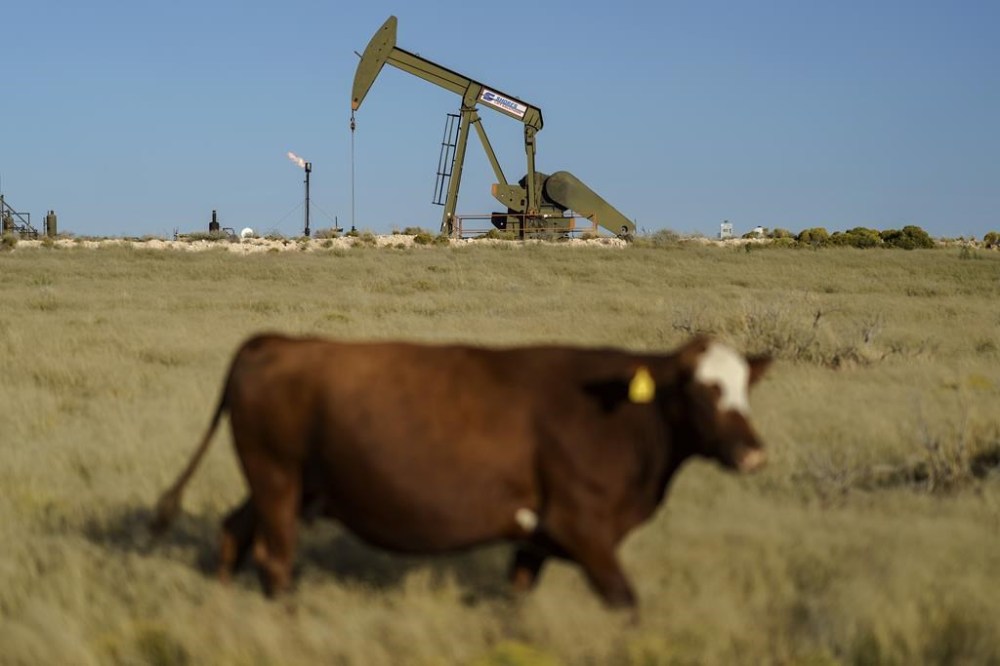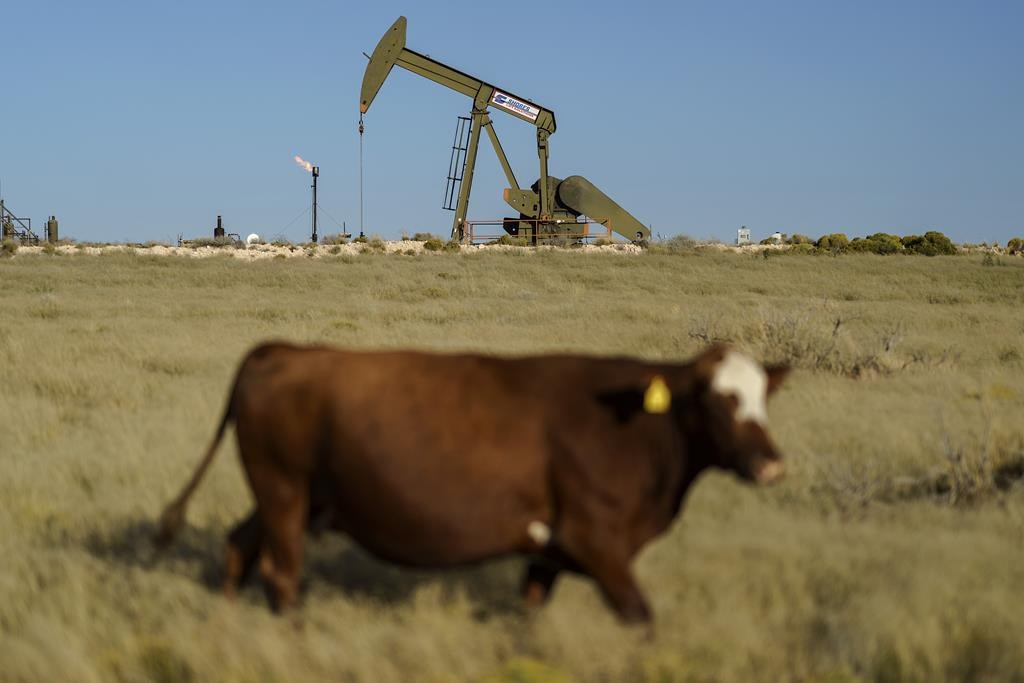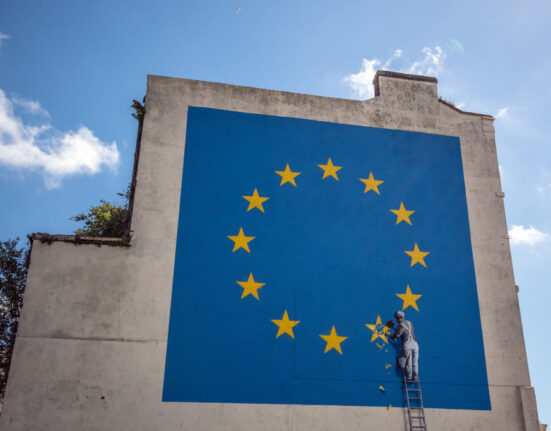BRUSSELS (AP) — European Union negotiators reached a deal on Wednesday to reduce highly polluting methane gas emissions from the energy sector across the 27-nation bloc.
According to experts, one of the biggest causes of climate change is methane gas emissions — second only to carbon dioxide. The gas also causes serious health problems.
Most emissions come from the energy, agriculture and waste sectors.

Under the provisional agreement announced just weeks before the COP28 climate conference, the fossil gas, oil and coal industry will be forced to “properly measure, monitor, report and verify their methane emissions according to the highest monitoring standards, and take action to reduce them,” said the European Commission, the EU’s executive arm.
The deal needs to be formally approved by both the European Parliament and the Council, which represents member states, before the new legislation enters into force.
This came as China and the United States pledged to accelerate their efforts to address climate change ahead of a major United Nations meeting on the issue, making a commitment to take steps to reduce emissions of methane and other greenhouse gases besides carbon dioxide.
The U.S., the EU and other nations have previously committed to reduce overall methane emissions worldwide by 30% by 2030.
The Commission said the compromise requires operators to report about quantification and measurements of methane emissions at source level, and forces oil and gas companies to detect and repair methane leaks on EU soil. It also bans routine venting and flaring, which release methane in the atmosphere, and limits venting from thermal coal mines from 2027, with stricter conditions introduced after 2031.
“It requires companies in the oil, gas and coal sectors to carry out an inventory of closed, inactive, plugged and abandoned assets, such as wells and mines, to monitor their emissions and to adopt a plan to mitigate these emissions as soon as possible,” the Commission added.
The EU Methane Regulation for the energy sector is part of the so-called European Green Deal that seeks to establish the world’s most ambitious climate and biodiversity targets.
Since the EU imports large quantities of oil, gas and coal, the deal also requires from 2027 that new import contracts can only be sealed “if the same monitoring, reporting and verification obligations are applied by exporters as for EU producers,” the Commission said.








